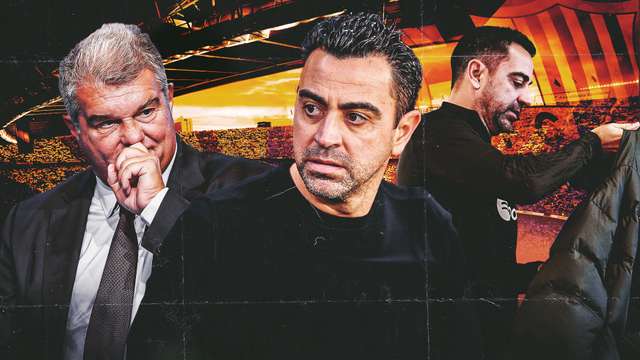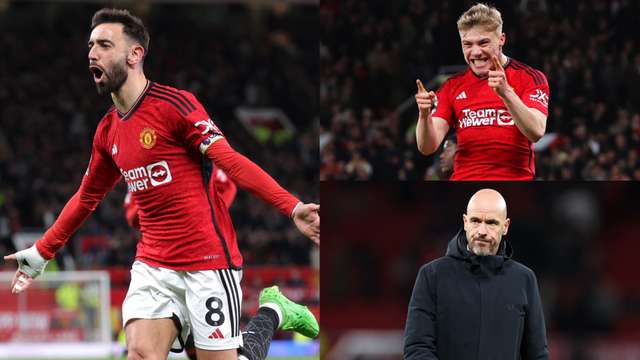In more ways than one, 2020 was an absolute shambles of a year.
This, in no small part, owed to the outbreak of the coronavirus Covid-19, which forced lockdowns all around the world and has reportedly led to deaths of over a million people over the course of the year.
Its impact was also keenly felt in football, with the footballing calendar thrown out of sync and various events postponed or rescheduled as a result. Examples of this are the 2020 Euros, which will now hold in 2021, and the 2021 Africa Cup of Nations, which is now slated to be played in January 2022.
Amidst all the gloom, a positive, optimistic outlook for 2021, while not exactly evidence-based, is the crutch on which many are leaning, and by which hope is being kept alive. This cuts right the way across to football fans as well; Super Eagles supporters will also be hopeful of improved fortunes in the New Year, especially because the exploits of the national team offer some emotional escape.
Nigeria (same as most other African nations) only managed four international appearances in 2020, and surprisingly ended the year winless – an unprecedented turn of events considering two of those four matches were against a relative minnow in Sierra Leone. Two draws against the Leone Stars have seen public goodwill toward the national side quickly erode, and have placed coach Gernot Rohr in a truly precarious for the first time in his four-and-half year tenure.
However, it’s need not be all dreary, and there is scope to expect better in 2021. Not least because…
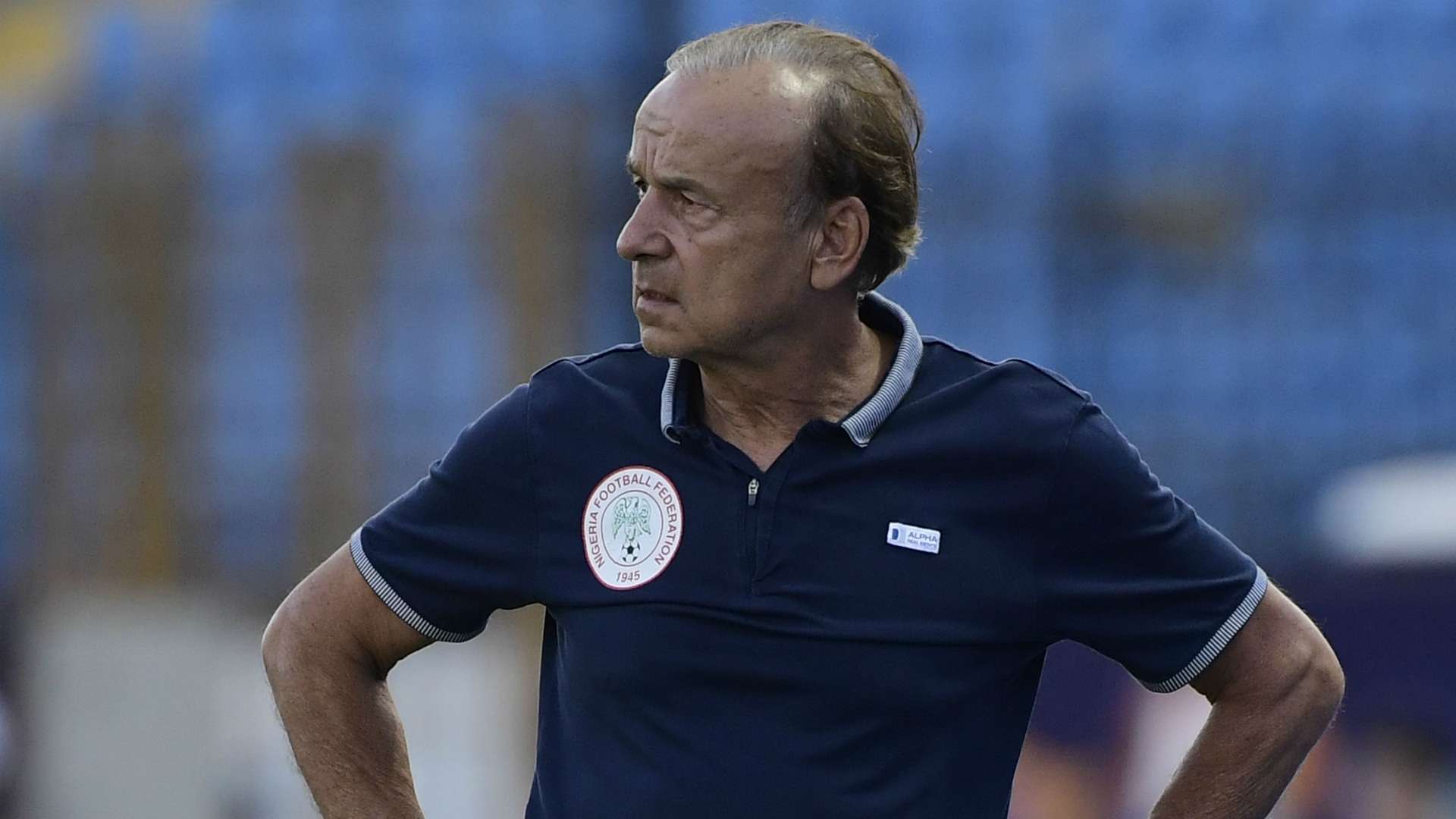 Getty Images
Getty Images
THERE WILL BE MORE MATCHES
With the 2021 Afcon being moved to 2022 and the World Cup qualifiers set to begin in the coming year, there will be plenty of football for fans to sink their teeth into.
The Super Eagles will first seek to round up qualifying for the Afcon over the final two matches (against Benin and Lesotho) in March, before tackling the weightier matter of trying to secure a ticket to the following year’s World Cup in Qatar.
Between May and October 2021, the Super Eagles will play six internationals in pursuit of a place in the final qualifying play-off. While the level of opposition may not exactly capture the imagination, Cape Verde and Central African Republic will nevertheless pose stern tests for Rohr’s side.
Eight qualifiers means eight opportunities for fans to not only see their national side, but also potentially rediscover some of the magic that 2020 dispersed.
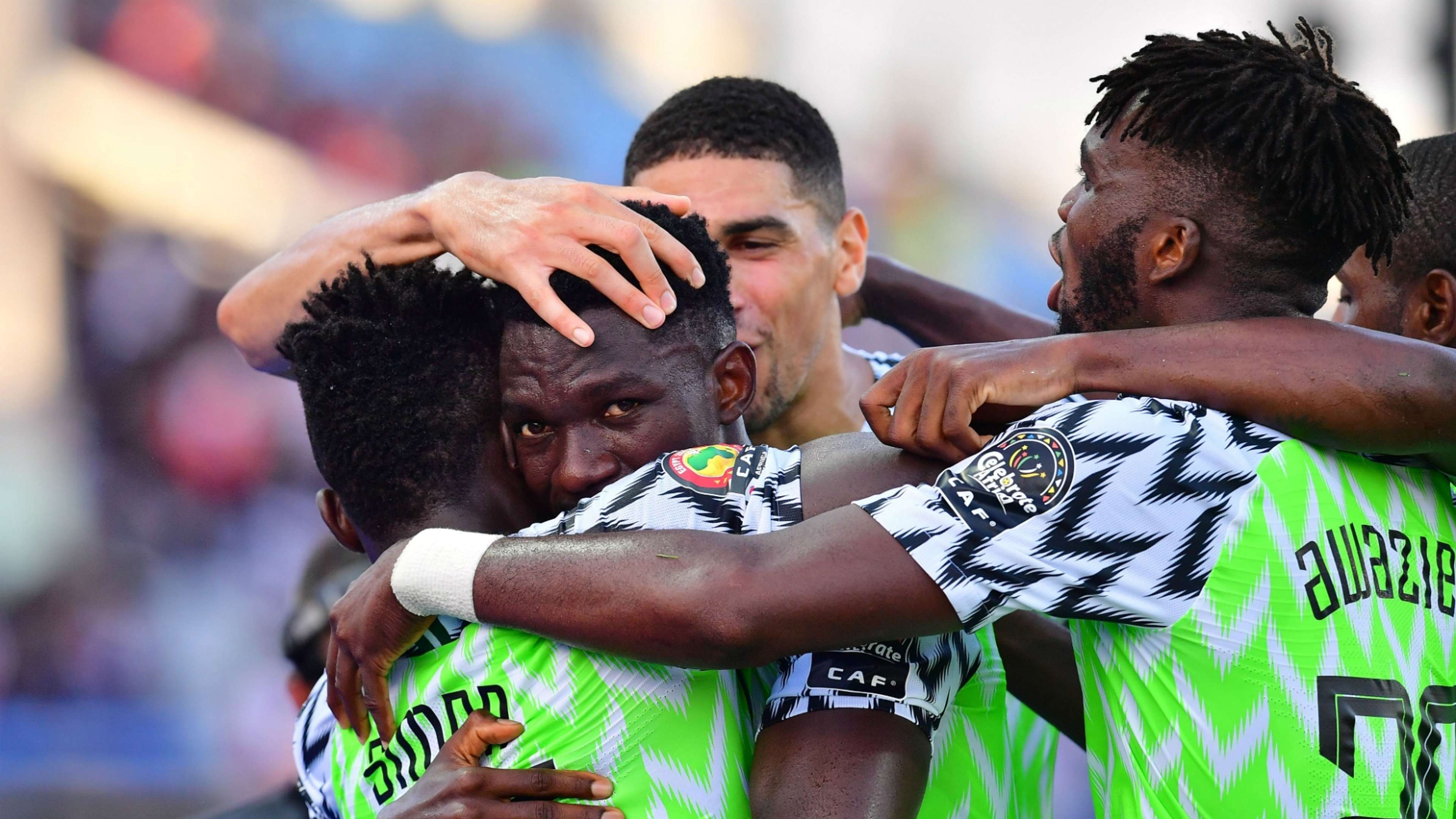 Getty Images
Getty Images
THINGS CANNOT GET ANY WORSE
This feels a little bit like tempting fate, but think on it for a moment.
It is difficult to envision another calendar year with a worse record than zero wins in four. To begin with, there is reason enough to expect a victory over Lesotho on home soil at the very least, and that would bring with it some euphoria in the form of sealing qualification for a major tournament.
There is also the fact that the collapse against Sierra Leone in Benin will have served as a wake-up call for the players and coaching crew alike. For all that the visitors posed difficult tactical questions on the day, the fumes coming off the wreckage at the end of the 90 minutes smelt suspiciously of complacency.
This is a young team, and as such they are having to learn some difficult lessons on the fly. The sort of steely determination and streetwiseness that comes with experience is not yet present, and as such that draw will have been a much-needed didactic experience.
There is also the fact that World Cup qualifying Group C is a bit of a gimme. It could have been a lot worse; spare a thought for the likes of Cameroon, drawn alongside Ivory Coast, or Mali, who will have to best Uganda.
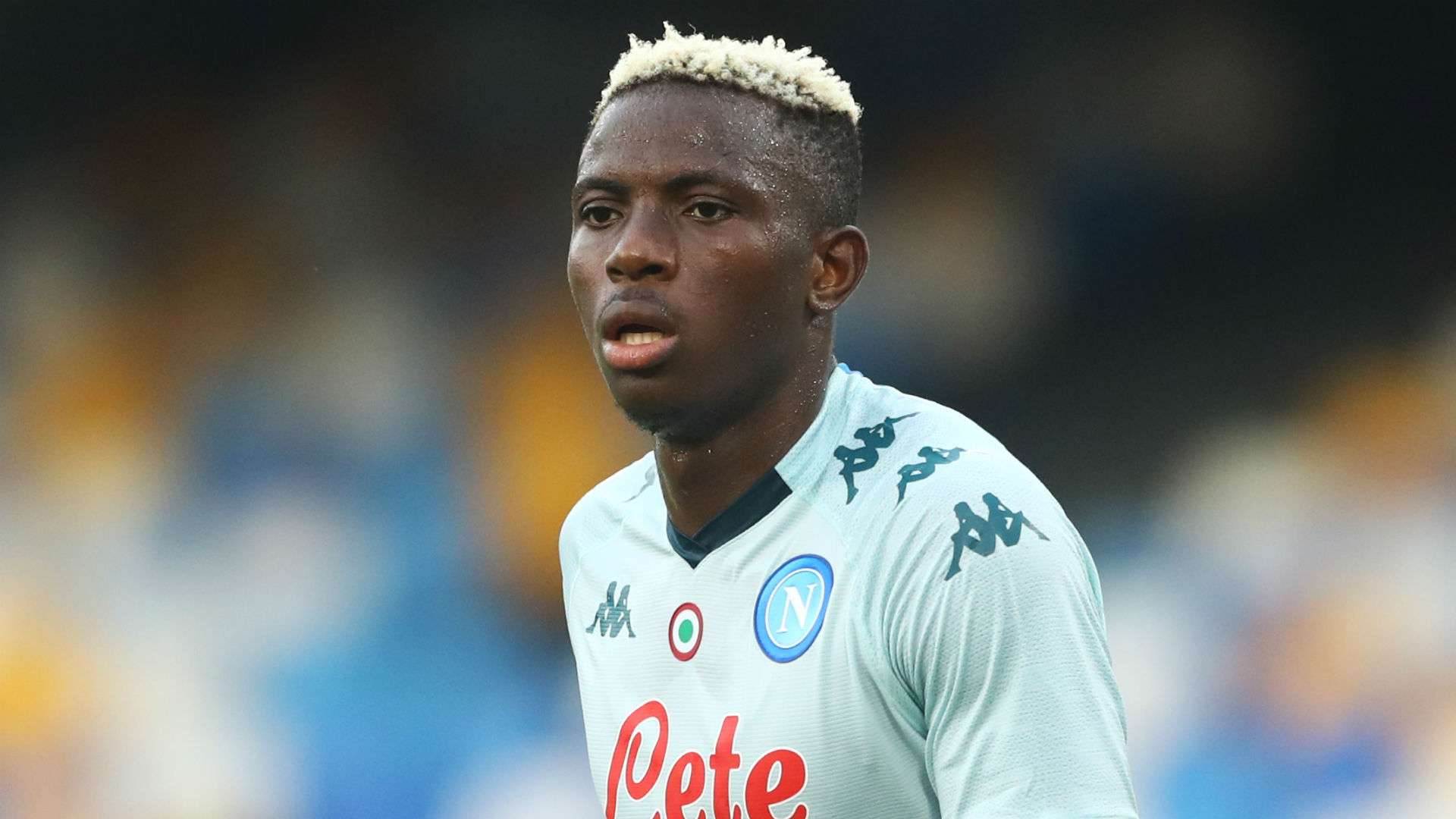 Getty Images
Getty Images
THE RETURN OF KEY PERSONNEL
A combination of injury and illness conspired to deprive Super Eagles fans of some of their best players in 2020.
It may have been lost in the anger of four poor results, but Rohr was without his leading marksman Victor Osimhen for 75 percent of the games, and also had to grapple with the absence of key defensive midfielder Wilfred Ndidi for all four matches. Both Daniel Akpeyi and Francis Uzoho, Nigeria’s two most experienced goalkeepers, were missing in action as well through the fixtures of 2020.
When you think about it, that’s almost the entire spine of the team absent. It does not excuse capitulating on home turf to Sierra Leone, of course, but it does offer a measure of mitigation in fairness.
Come March 2021 though, these key players will once again be available for selection. Ndidi has recovered from his lay-off, and Osimhen will have fully rehabbed his dislocated shoulder. Uzoho and Akpeyi should also return to challenge (and thereby sharpen) Maduka Okoye between the sticks.
Rohr having his full complement of stars can only be a good thing.
THERE IS MORE COMPETITION IN DIFFERENT AREAS
Now, more than at any other time during Rohr’s tenure, there is serious depth in key areas of the national team.
The unearthing of Zaidu Sanusi has provided stiff competition for Jamilu Collins at left-back, while also giving the Super Eagles greater attacking thrust from full-back. Kevin Akpoguma is, in the German’s estimation, capable of deputizing both at right-back and in the heart of the defence. Those two additions have significantly bolstered the national team’s options at the back.
Even though we only got a brief glimpse of him, Midtjylland’s Frank Onyeka seems suited to the brief of deputizing for Ndidi in the middle of the park. Chidera Ejuke is an exciting prospect, and may yet retire Ahmed Musa if he can earn Rohr’s trust and curb some of his excesses.
Taiwo Awoniyi has found a new lease on life in Germany, and may finally prove the optimum back-up plan for Osimhen upfront, especially with Paul Onuachu flattering to deceive in green and white.
It marks a huge departure from the days of forcing square pegs into round holes.
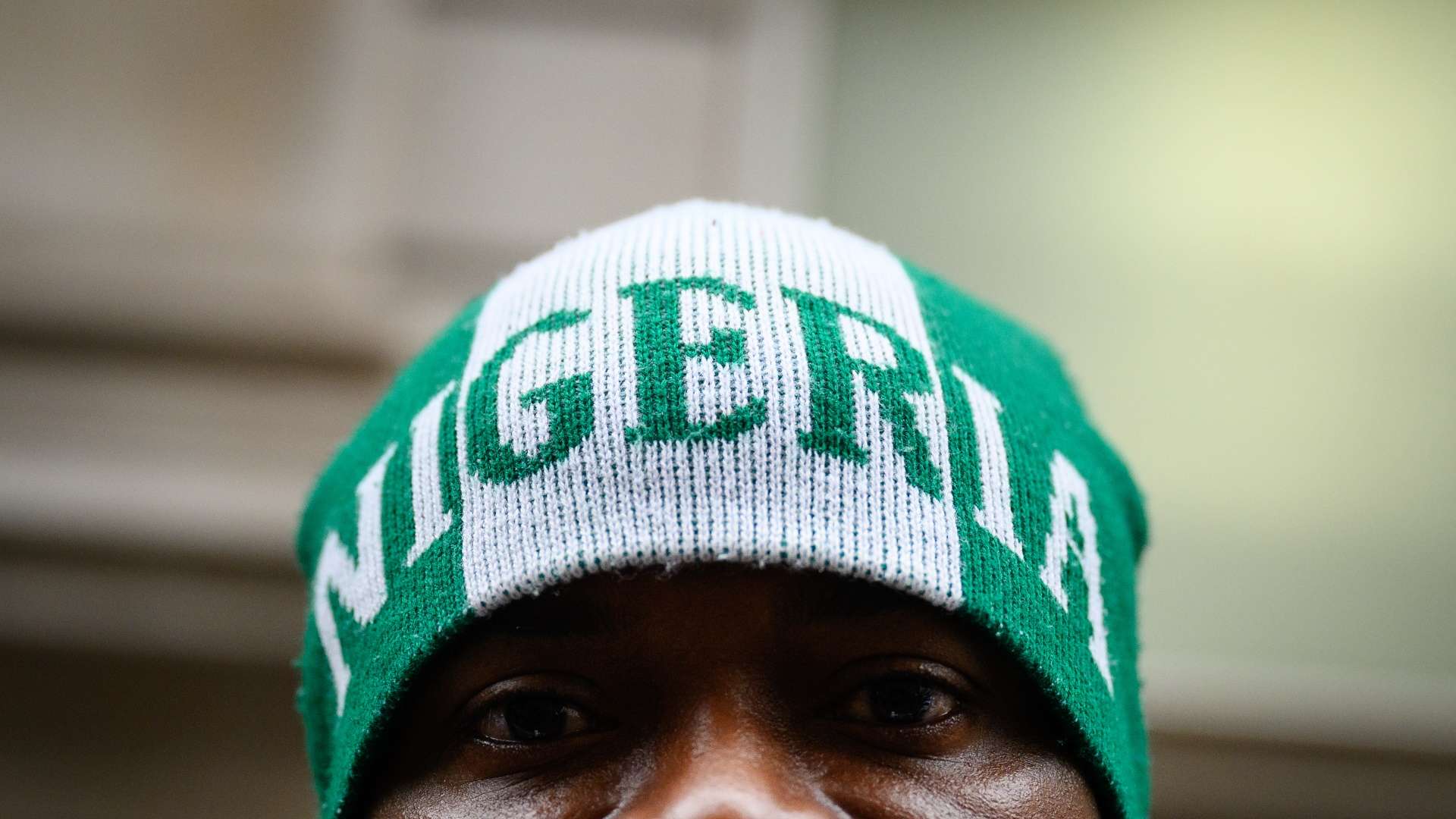
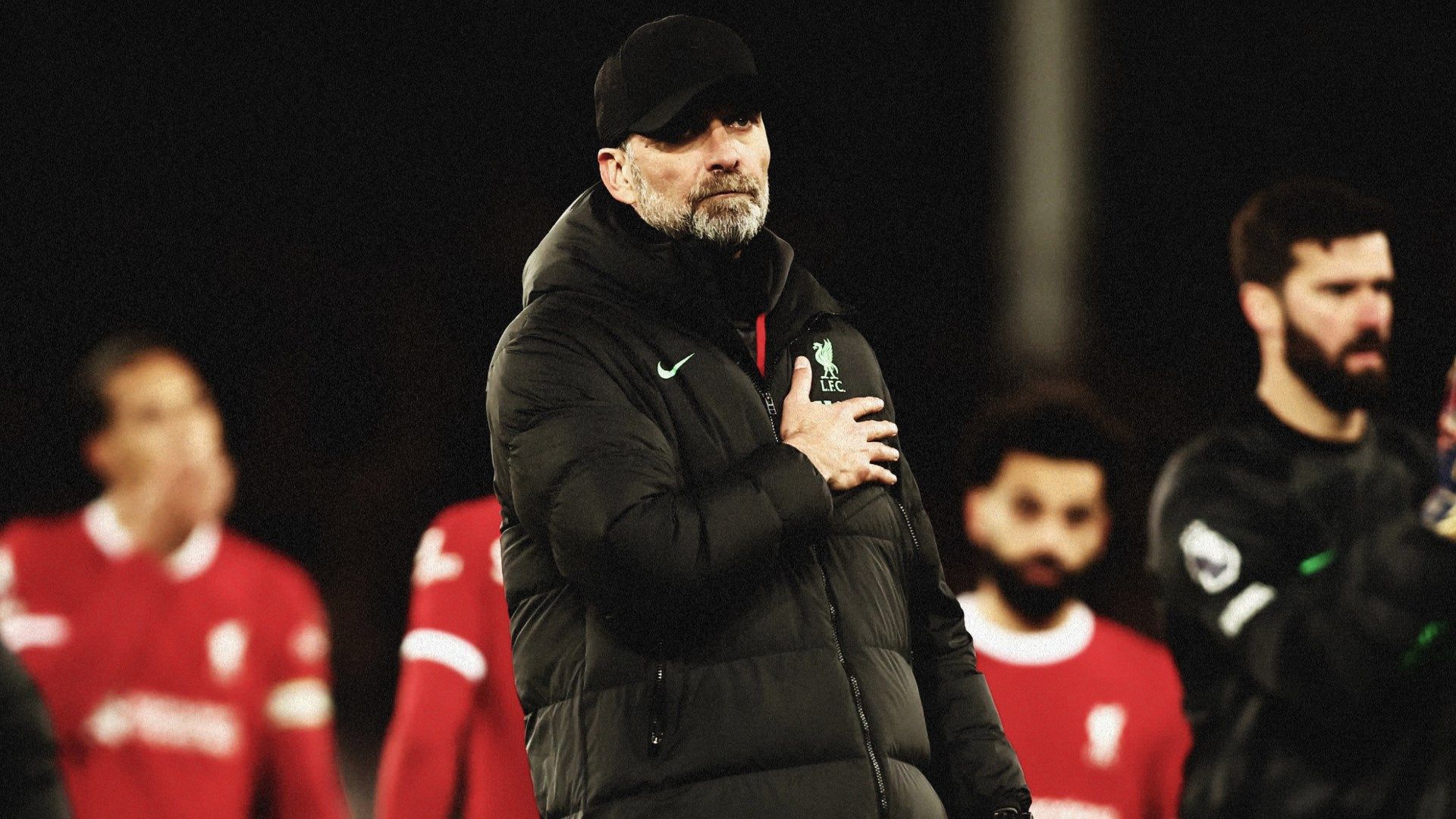.jpg?auto=webp&format=pjpg&width=640&quality=60)
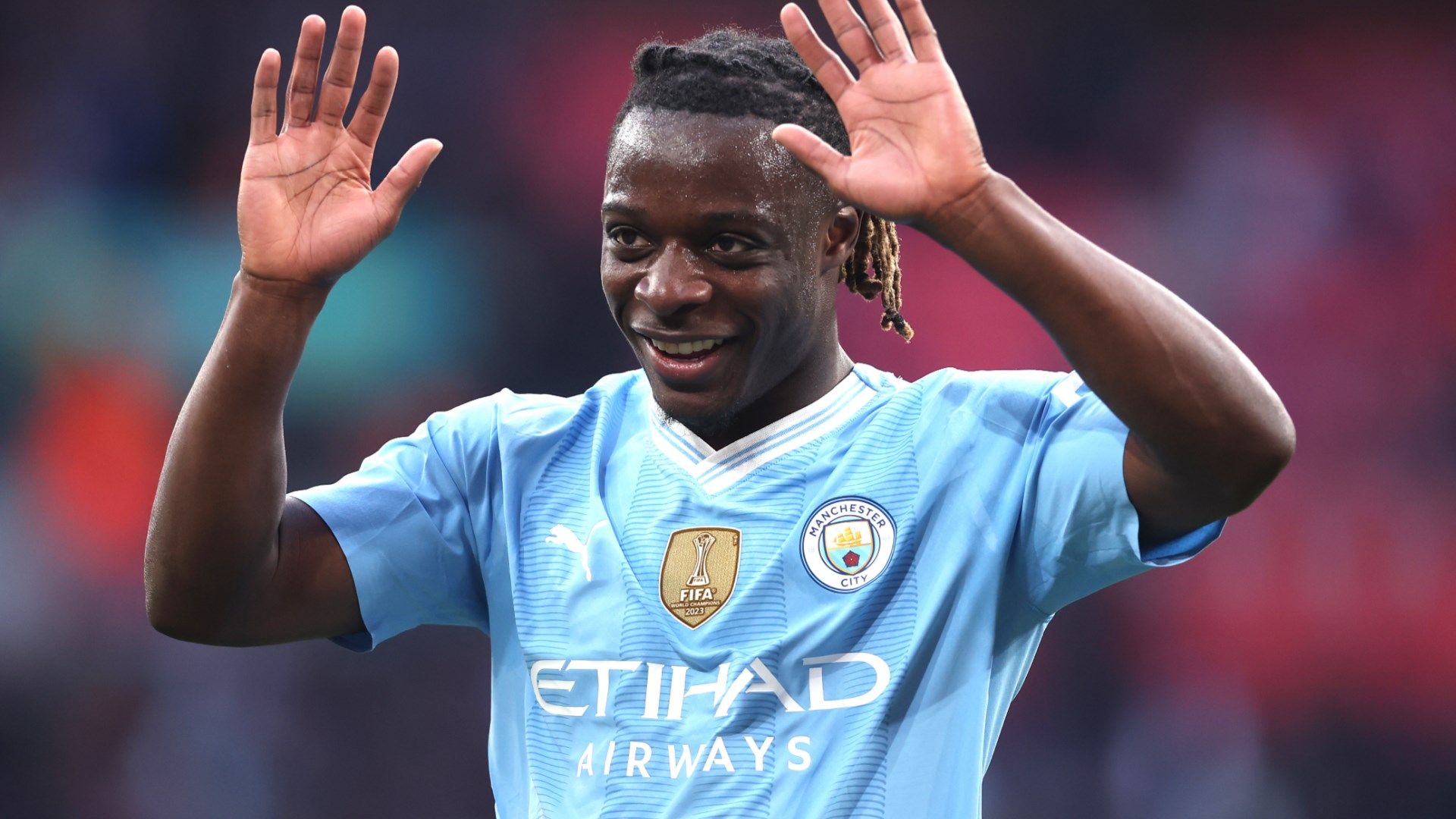.jpg?auto=webp&format=pjpg&width=640&quality=60)
